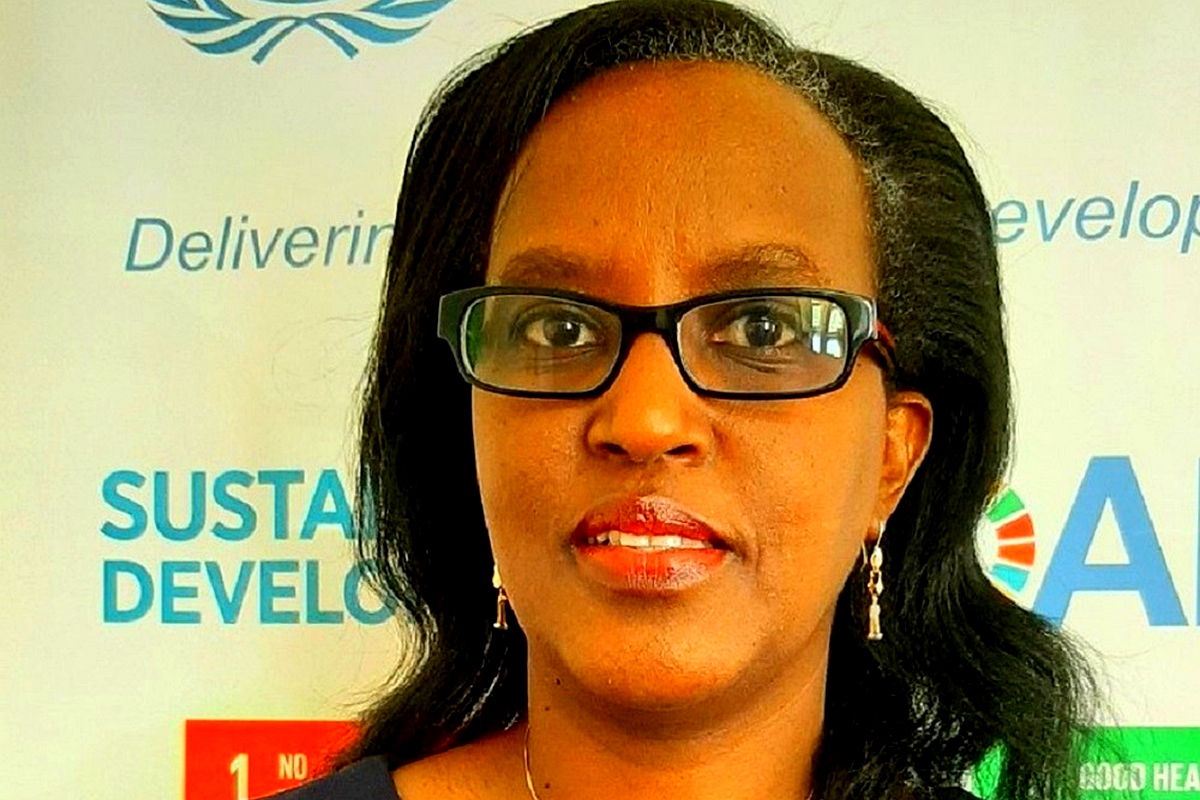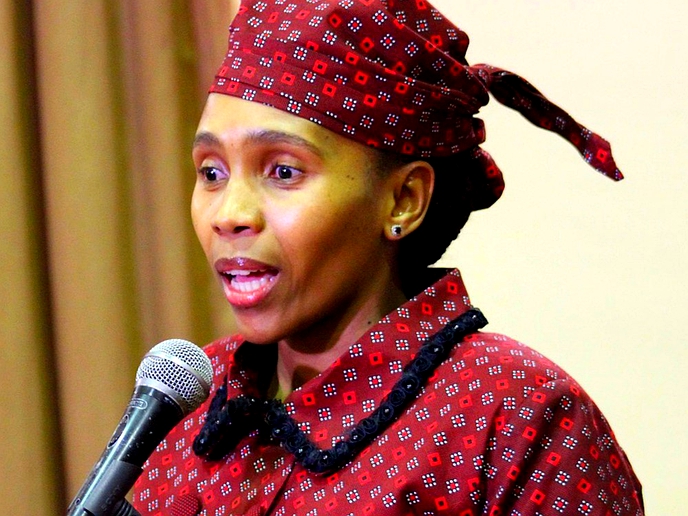WORLD Food Programme (WFP) has failed to live up to its promise of assisting over 94 000 people during the lean season between October 2022 and March this year due to a lack of funds.
health
Feb. 23, 2023
NEO SENOKO
2 min read
WFP fails to fulfil promise

WFP Country Representative and Country Director, Aurore Rusiga
Story highlights
Resultantly, the organisation can only manage to support 61 000 people or requires additional funding of USD 1 million (M18 209 348.00) to support these people.
As part of the UN-wide response to Lesotho's July 2022 IPC results, WFP sourced funding and launched the lean season crisis response intervention in November 2022 to address immediate food assistance needs as well as medium-term recovery of the most vulnerable people during the hunger season between October and March this year.
WFP prioritised Mokhotlong, Thaba-Tseka, and Berea where more than 20 percent of the population is estimated to be in a crisis.
“WFP had planned to assist a total of 94 000 during the lean season (October 2022 to March 2023) but the available funding can only support 61 000 people. WFP requires additional funding of USD 1 million to support these people,” WFP said on Wednesday this week.
WFP has been in Lesotho since 1962, supporting the government’s work towards achieving Sustainable Development Goal 2 of Zero Hunger.
The current WFP Lesotho five-year Country Strategic Plan (2019-2024) aims at responding to crisis, strengthening social protection systems, improving nutrition, and building resilience in the country with the capacity of the national system strengthened and mainstreamed across all activities.
Currently, the body provides a total of 4 200 households with food assistance valued at LSL 1 100.00.
Enjoy our daily newsletter from today
Access exclusive newsletters, along with previews of new media releases.
Furthermore, to boost small local businesses, WFP collaborates with 86 local retailers to deliver food assistance and the retailers are contracted by WFP for this year’s lean season support and paid directly by WFP for the services they provide.
The organisation partners with district nutrition teams to undertake nutrition education before and during distributions to improve knowledge of nutrition, health, hygiene, and other care practices that contribute to improved food consumption and nutritional status.
In its strategy to enhance and strengthen the vulnerable population’s resilience to shocks, WFP reinforces the humanitarian-development nexus approach in the areas that have been recurrently assisted like Mokhotlong and Thaba-Tseka.
“Preparations are underway to expand the activities of the public works to Mokhotlong where WFP will target 1 422 people who received food assistance under the crisis response to strengthen their coping capacities. The body will use the Community Based Participatory Planning approach to identify priority activities that will significantly improve the food security of the most vulnerable households,” the organisation added.






